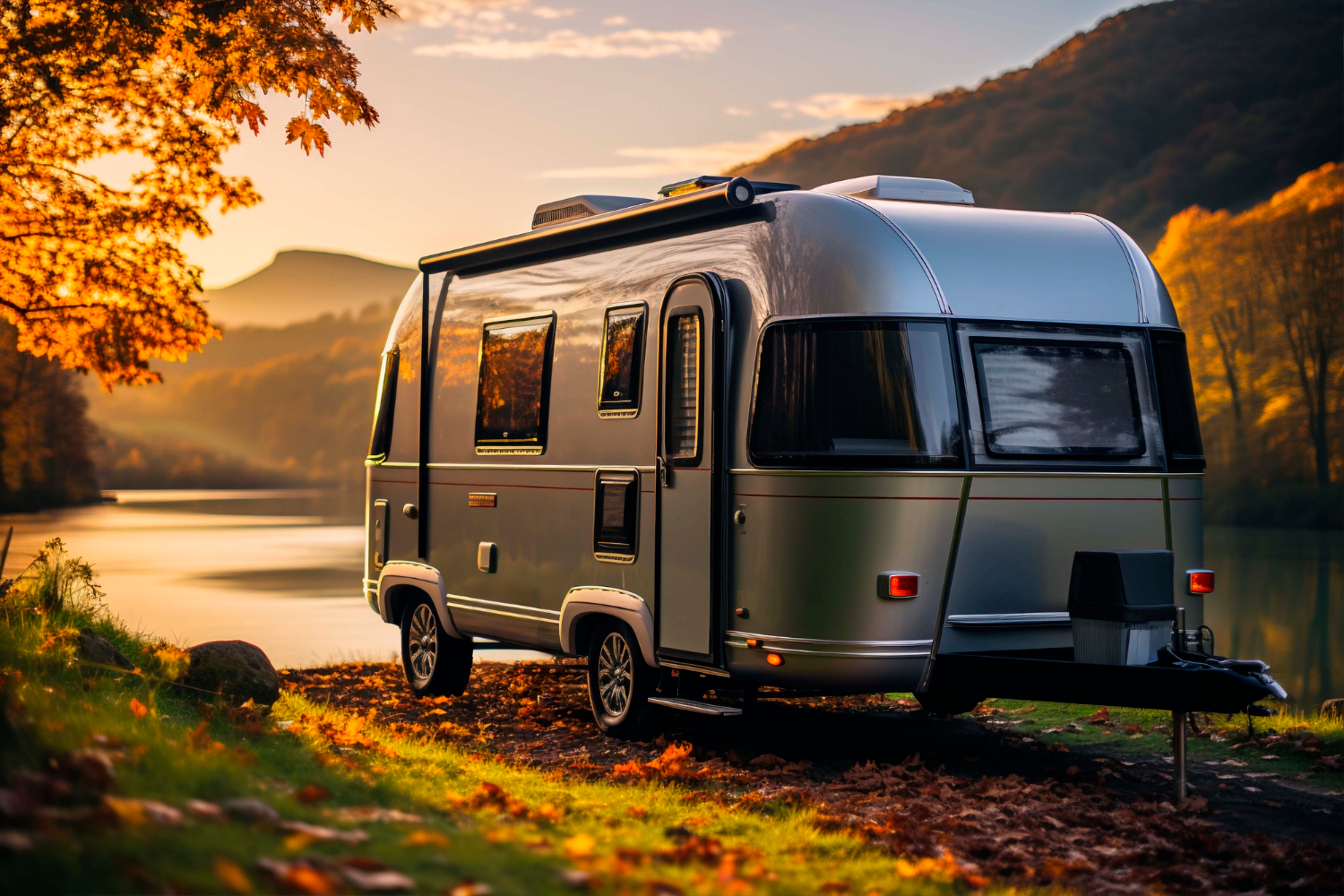Whether you’re hauling a utility trailer for weekend projects or using a commercial trailer for daily business, protecting your trailer with the right insurance is essential. But how much you’ll pay for that protection depends on a variety of factors.
In this article, we break down the top factors that influence trailer insurance premiums, so you can better understand your policy and find ways to save.
1. Type of Trailer
The kind of trailer you own plays a big role in your insurance cost. Insurers assess the value, size, and purpose of your trailer to determine the level of risk.
-
Utility Trailers tend to cost less to insure due to their simplicity and lower replacement value.
-
Enclosed Cargo Trailers may have higher premiums because they’re used to transport valuable items and are more expensive to replace.
-
Commercial Trailers generally come with higher premiums due to frequent use and greater liability exposure.
-
Travel Trailers & RV Trailers often need specialized coverage, including contents and liability while parked.
2. Trailer Value
The more your trailer is worth, the more it will cost to insure. Replacement value, age, condition, and modifications (like added shelving, electrical, or specialty racks) all impact the total value — and therefore your premium.
Tip: Ask your insurer if they offer agreed value coverage, especially for custom or high-value trailers.
3. Usage (Personal vs. Commercial)
How you use your trailer affects your risk level:
-
Personal Use typically involves lower mileage and less frequent trips, meaning lower insurance costs.
-
Commercial Use may involve heavier loads, frequent travel, or transport of expensive equipment — all of which increase your premium.
4. Location and Storage
Where you live and where your trailer is stored can raise or lower your rates:
-
Urban Areas often have higher premiums due to higher theft and accident risks.
-
Rural or Low-Traffic Areas may offer lower rates.
-
Secure Storage (like a locked garage or fenced property) can qualify you for discounts.
5. Coverage Levels and Deductibles
The more coverage you choose, the higher your premium — but you’ll also be better protected.
-
Liability Only is the minimum and cheapest option.
-
Comprehensive and Collision add protection for theft, fire, weather damage, and accidents.
-
Higher Deductibles can lower your premium but increase out-of-pocket costs in a claim.
6. Driving Record and Claims History
Even though your trailer doesn’t have its own engine, your driving history still matters.
-
A clean driving record may earn you lower rates.
-
A history of claims, traffic violations, or accidents can raise your premiums.
7. Trailer Weight and Size
Heavier and larger trailers can cause more damage in an accident, making them riskier to insure. They’re also more expensive to repair or replace.
8. Frequency of Use
If you only use your trailer a few times a year (such as for seasonal camping or hauling), some insurers may offer limited-use policies or discounts.
On the other hand, if your trailer is on the road daily, expect higher premiums due to increased exposure to potential claims.
9. Additional Coverages and Add-ons
Some trailers require extra protection that adds to your premium, such as:
-
Cargo or Equipment Coverage
-
Roadside Assistance
-
Contents Insurance
-
Emergency Expense Coverage
Adding these increases your premium, but may be worth it for peace of mind.
Trailer insurance premiums aren’t one-size-fits-all. They’re influenced by what you haul, how often you use it, where you store it, and the level of protection you need. By understanding these factors, you can make informed decisions and potentially lower your insurance costs without sacrificing coverage.

